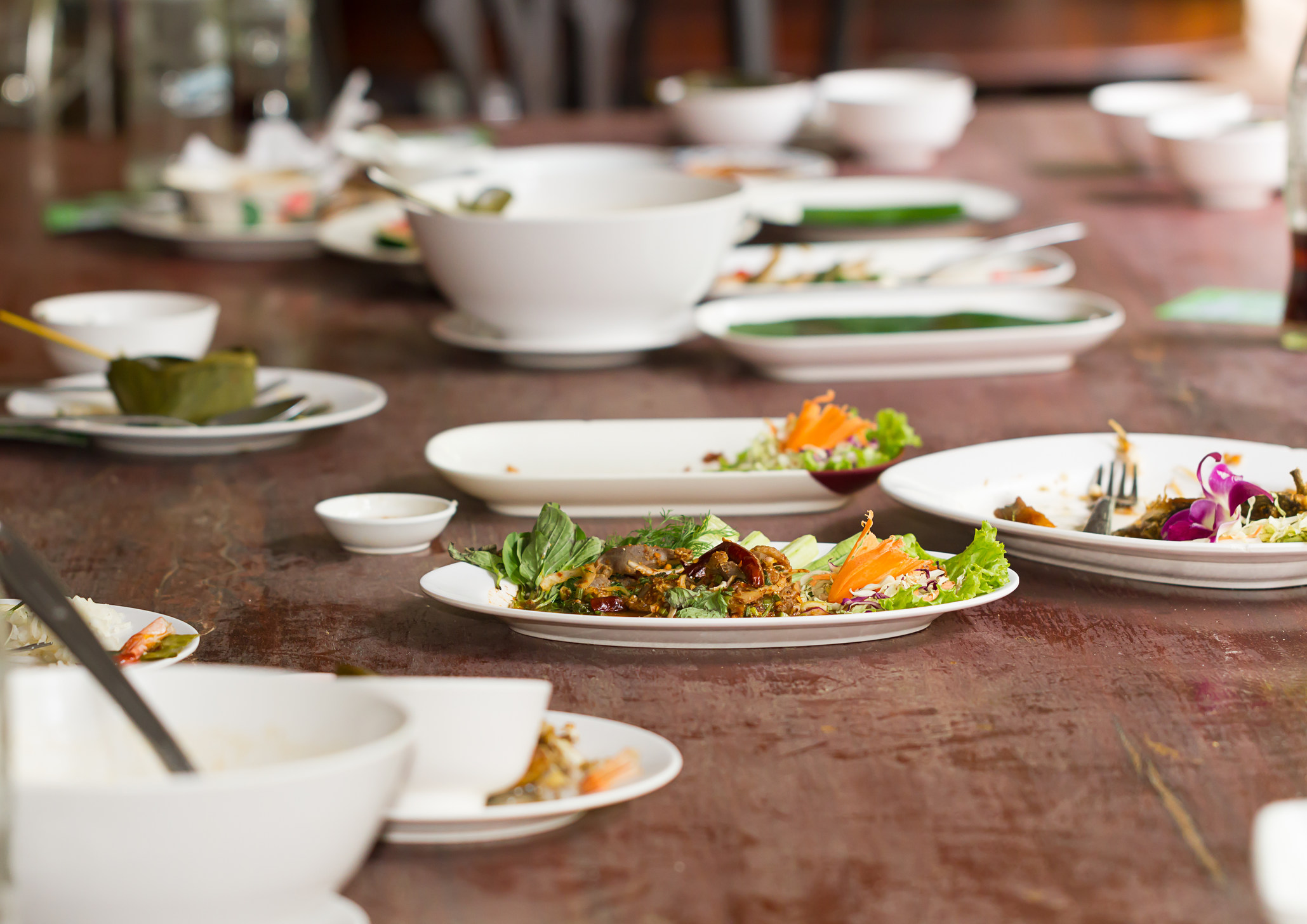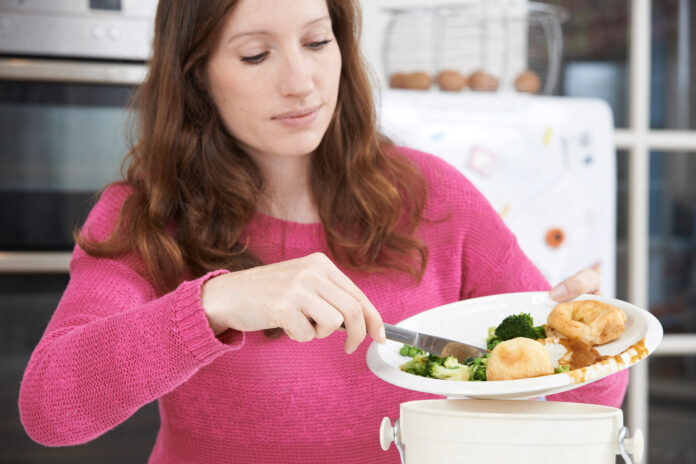The amount of food we waste is staggering.
With financial times tight and the latest interest rate hike further yarding in the drawstring, it makes little sense.
The Sunshine Coast Council estimates one-third of food bought here is wasted.
A third.
Horrendous.
It is not as if we mean to: we don’t buy groceries and order our Chinese takeaway or fish and chips with the intention of chucking a third of it in the bin.
It just happens as a consequence of bad planning or our eyes being too big for our bellies.
There’s a bit of milk left but the best-before date is here.
Into the bin it goes.
The rest of a head of lettuce looks a bit sad.
It joins the milk carton in the bin.
We wear the detritus of generations past, where poverty and wartime made people ungenerous with everything, including food.

Over-catering now is a sign of wealth and generosity and shores up the feeling that we are doing okay.
But the wastage is staggering and out of kilter with the sustainable, ‘live lightly’ focus our era is being forced to adopt.
The Brisbane City Council has done further analysis on that city’s wheelie bin contents, finding the food most wasted is bread, with 19 million tonnes of the stuff ending up in landfill every year.
Then comes meat and salad greens.
These very expensive ‘burgers’ cause such avoidable damage to our environment and are the result of accidental extravagance.
Years ago, I recall being equally horrified and impressed at my friend’s system of planning out household meals for the week and then shopping for those ingredients only.
Do you have an opinion to share? Submit a Letter to the Editor at Sunshine Coast News via news@sunshinecoastnews.com.au. You must include your name and suburb.
It seemed a bit miserly at the time, but certainly saved her stacks of money.
Controlled grocery shopping is what we are being encouraged to do – that and starting worm farms and compost systems where there are none.
Happily, some of our waste is caught and put to good use.
OzHarvest Sunshine Coast and Gympie rescues and redistributes 15,000kg of surplus food to charities and other good causes.
On our sister Sunshine Coast in British Columbia, Canada, there are now financial consequences for putting food waste and recyclable paper in regular garbage bins.
Surely, we can correct wasteful ways without bringing out the big stick here.
Dr Jane Stephens is a UniSC journalism lecturer, media commentator and writer.





